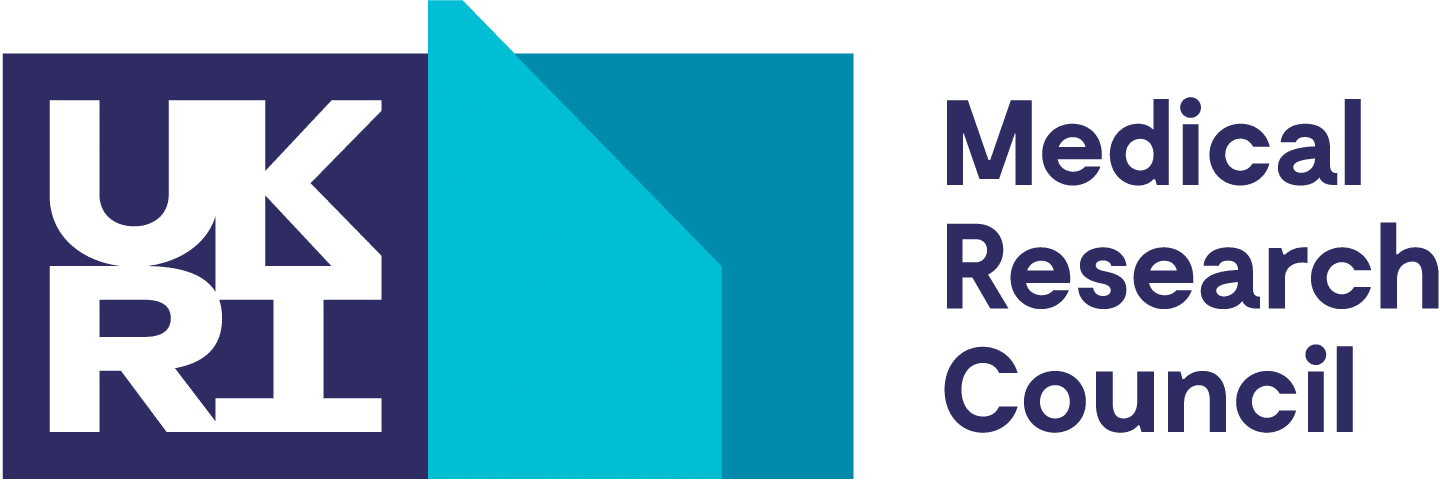Key focus
The UKRMP2 Smart Materials Hub aims to develop the next generation of bioactive scaffolds and biomatrices to treat the eye, the musculoskeletal system and the liver.
The Hub will use state of the art manufacturing processes and therapeutic strategies, supporting their translation to the clinic.
Translational Challenge
- To develop new 3D structured, injectable and surface functionalised materials for applications in repairing the cornea, Bruch’s membrane and the retina of the eye;
- To develop a range of smart bio-responsive materials including gels, 3D printed scaffolds and drug delivery nano- and micro-based systems to solve unmet clinical needs in bone, tendon and ligament, and cartilage repair;
- To develop immune interactive materials combined with new drug delivery strategies to help treat liver fibrosis, cell engraftment and niche control, as well as other liver diseases.
Location
Aims and Objectives
- To develop the following smart material technology platforms:
- Smart responsive materials;
- Immune interactive materials;
- Anisotropic and 3D architecture materials;
- Drug delivery and surface engineering.
- To generate 3D structured and responsive materials for applications in the eye and to perform safety and efficacy testing for corneal and retinal repair.
- To generate anisotropic materials and drug delivery technologies for treating injuries to bone, cartilage and the rotator cuff and to perform safety and efficacy testing of select biomaterials for lower limb and osteochondral applications.
- To generate immune interactive materials to improve cell engraftment and reduce scar tissue formation in the liver and to perform safety and efficacy evaluations of these.
Expected Outcomes
The Hub’s expected outcomes will be validated materials for each of the eye, musculoskeletal system and liver tissue targets.
Our goals include:
- To deliver effective and safe smart material candidates and evaluate these utilising a robust Strategic Gate system to review progression through the development pipeline towards the clinic.
- To transform and elevate the potential of smart materials in regenerative medicine clinical applications.
- To generate technologies that impact and inform fundamental biological questions relevant to regenerative medicine.
- To provide stellar postdoctoral training, leading to the next generation of excellent research scientists.









